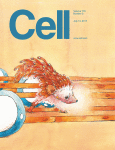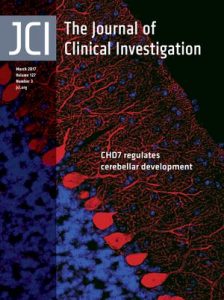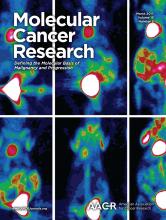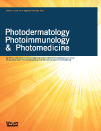 A journal is investigating research by a group in Australia, after receiving “serious allegations” regarding a 2017 paper about treating eye burns.
A journal is investigating research by a group in Australia, after receiving “serious allegations” regarding a 2017 paper about treating eye burns.
The journal, Frontiers in Pharmacology, has issued an expression of concern (EOC) for the 2017 paper while it investigates. The notice does not specify the nature of the allegations. Meanwhile, several other papers by the three researchers, based at Deakin University in Geelong, Australia, have also come under scrutiny. Late last month, Frontiers in Pharmacology retracted a 2015 paper by Kislay Roy, Rupinder Kanwar, and Jagat R Kanwar, citing image duplication. A 2015 paper in Biomaterials received a correction in May 2017, again flagging image duplication.
Roy, the first author on the papers, is a postdoctoral research fellow; Rupinder Kanwar, a middle author, is a senior lecturer; and Jagat R Kanwar, the corresponding author on all three, is head of the Nanomedicine-Laboratory of Immunology and Molecular Biomedical Research.
Gearóid Ó Faoleán, the ethics and integrity manager at Frontiers in Pharmacology, explained that the investigation into the flagged article is ongoing and the EOC “must serve as the extent of our public statement for the present.”
A spokesperson for Deakin University declined to comment on the allegations: Continue reading Work by group at Australian university faces scrutiny

 A former Research Training Awardee at the National Institutes of Health “falsified and/or fabricated data” in 11 figures in a 2016 paper,
A former Research Training Awardee at the National Institutes of Health “falsified and/or fabricated data” in 11 figures in a 2016 paper, 
 Pfizer has retracted a paper by a former employee who was fired after the company discovered she had been doctoring data.
Pfizer has retracted a paper by a former employee who was fired after the company discovered she had been doctoring data. Last March, a PhD student at Harvard filed a misconduct allegation against his mentor, a prominent stem cell researcher. Three months later, he was taken from his home by police in the middle of the night for a forced psychiatric evaluation.
Last March, a PhD student at Harvard filed a misconduct allegation against his mentor, a prominent stem cell researcher. Three months later, he was taken from his home by police in the middle of the night for a forced psychiatric evaluation.
 Researchers have agreed to pull a 2015 study exploring whether a plant extract can safeguard tanners from ultraviolet exposure after not obtaining formal approval from an ethics committee.
Researchers have agreed to pull a 2015 study exploring whether a plant extract can safeguard tanners from ultraviolet exposure after not obtaining formal approval from an ethics committee.